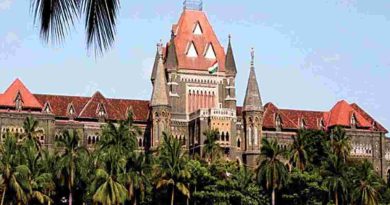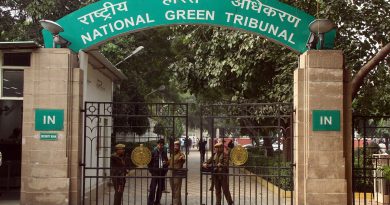Marital Rape can’t be consider Criminalise.: Supreme Court.
Union Government’s Stance on Marital Rape
On Thursday, the Union government submitted an affidavit to the Supreme Court opposing petitions aimed at criminalizing marital rape in India [Hrishikesh Sahoo vs Union of India and anr].
Support for Existing Laws
In a counter-affidavit filed by advocate AK Sharma, the Union Home Ministry expressed its support for the current Indian rape laws, which contain an exception for sexual relations between spouses.
Social vs. Legal Issue
The Central government argued that the matter is more social than legal and significantly impacts society as a whole. It contended that if ‘marital rape’ were to be criminalized, the responsibility to do so does not lie with the Supreme Court.
Expectations Within Marriage
The Centre noted that within a marriage, there exists an expectation of reasonable sexual access from one’s spouse, clarifying that this expectation does not give a husband the right to coerce his wife into non-consensual sex. However, it suggested that punishing a husband under anti-rape laws for such acts may be excessive and disproportionate.
Existing Legal Protections
The affidavit pointed out that Parliament has already established remedies to protect a married woman’s consent, including laws addressing cruelty to married women (Section 498A of the Indian Penal Code), laws against acts that undermine a woman’s modesty, and provisions under the Protection of Women from Domestic Violence Act, 2005.
Nature of Marital Relationships
“The sexual aspect is just one of many dimensions of the relationship between spouses, which is fundamental to their marriage. Given the nature of marriage in our socio-legal context, if the legislature believes that the current Exception should remain for the preservation of marriage, it is inappropriate for this Court to nullify it,” the affidavit stated.
Critique of the Petitioners’ View
The counter-affidavit was filed in response to a group of petitions advocating for the criminalization of marital rape. The Centre criticized the petitioners for viewing marriage solely as a private institution, arguing that the case of a married woman and her husband cannot be equated to other situations.
Legislative Authority on Penal Consequences
The Central government contended that it is the legislature’s role to differentiate the penal consequences of sexual abuse in various contexts. It claimed that existing laws do not overlook consent in sexual relations between spouses; rather, they provide different treatment in the context of marriage.
Alignment with Constitutional Equality
This perspective aligns with Article 14 (right to equality) of the Constitution, as it refrains from treating dissimilar situations—sexual relations within marriage versus those outside—as equivalent.
Commitment to Women’s Rights
The Union government affirmed its commitment to women’s liberty and dignity, arguing that marital rape does not necessitate criminalization, given the availability of alternative “suitably tailored” legal remedies. Marital rape is excluded from the definition of “rape” under Exception 2 to Section 375 of the Indian Penal Code (IPC), with a similar provision found in the newly enacted Bharatiya Nyaya Sanhita (BNS), which replaced the IPC on July 1 this year.
Background on Legal Proceedings
In 2022, the Delhi High Court issued a split verdict regarding the criminalization of marital rape, which subsequently led to the matter reaching the Supreme Court in September of that year.
Disclaimer: (Only the headline and picture of this report may have been reworked by the KanoonKiBaat staff; the rest of the content is auto-generated from a syndicated feed.)
Source Link





